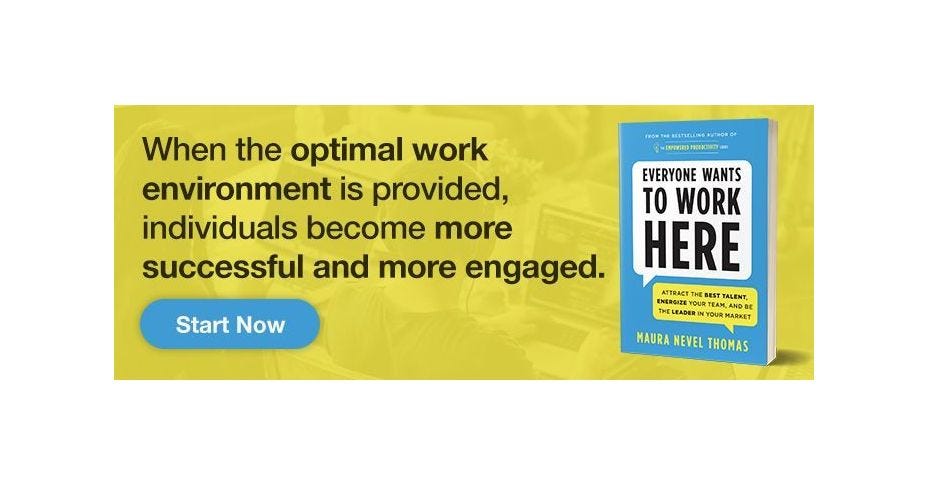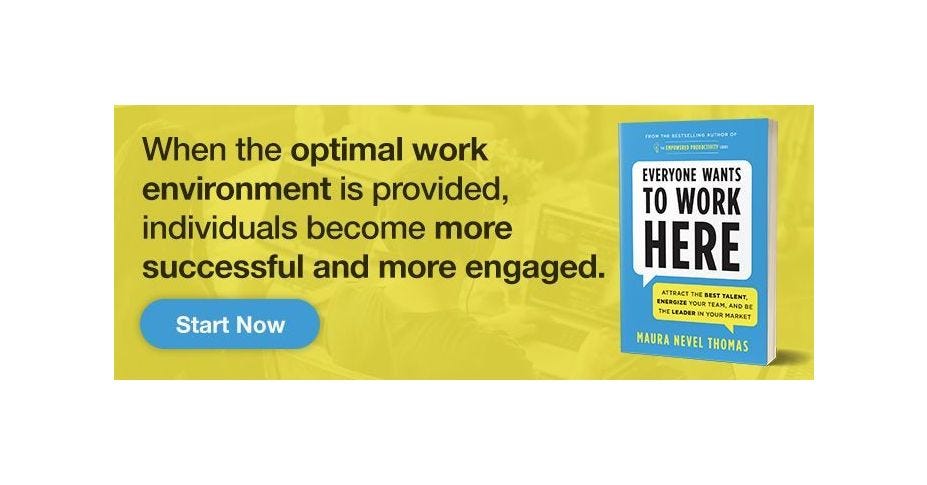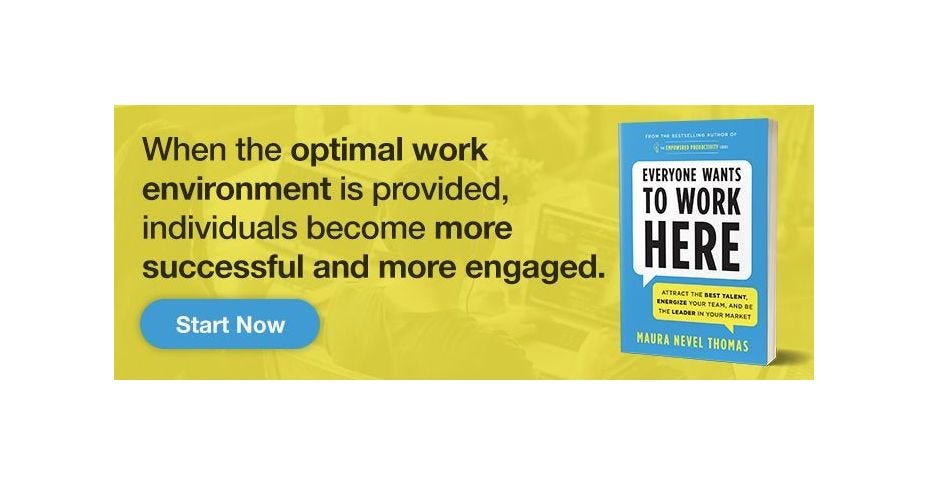Meetings should have as few people as possible, but all the right people
Charles W. Scharf, American executive
We all have more meetings to attend than we prefer, especially if some of them don’t represent the best use of our time.
Even though meetings are vital to the execution of projects and initiatives, it’s important to be thoughtful about attending. One simple question works:
Is each meeting on your calendar the best use of your time this week?
If not, then explore whether you decline attending, send a replacement, or attend only the portion of the meeting for which you are a critical content provider.
There are four key elements in creating and maintaining the freedom to decline.
The person calling the meeting always has the final word. In a world with too many meetings, it’s tempting to simply not show up. But this is about being responsive and reliable. Letting people know that we prefer not to attend is about both standing up for ourselves and giving the meeting leader an opportunity to convince us to attend.
Set up permission not to attend ahead of time with your boss or team leaders who call the bulk of meetings which you attend. In the best of circumstances, this is a conversation your boss or project leader initiates. Granting permission not to attend isn’t because they don’t want you to at the meeting. Rather it’s a gift they provide because they realize everyone is managing a unique set of priorities, and the freedom to choose where you spend your time this week is best left up to you.
Only call meetings that are necessary to discuss things that matter. If every meeting to which you were invited advanced your important initiatives and projects, not attending wouldn’t be an option you would choose often.
Only invite those who are necessary to make progress on each topic. Too often we err on the side of inviting too many people, fearful that someone will feel left out. Let your organization know that you are going to err on inviting only the minimum required, then make it clear they can invite themselves if they see it’s a meeting they don’t want to miss.
If you choose not to attend, you are responsible to:
- Assure no harm comes from your absence
- Provide your input and questions through a colleague
- Find out what happens from a colleague
- Accept work that the group assigns to you
- Align with all decisions made in your absence
In other words, you give up all rights to slow the progress on any topic simply because you chose not to attend. You are still responsible for making things work.
Now, with this background, what meetings do you need to decline next week? And for those meetings you call, what can you do to make sure they are a good use of people’s time?
It has to be an awfully good meeting to beat having no meeting at all.
Boyd K. Packer, American evangelist
- Paul Axtell, author of Make Meetings Matter: How to Turn Meetings from Status Updates to Remarkable Conversations




